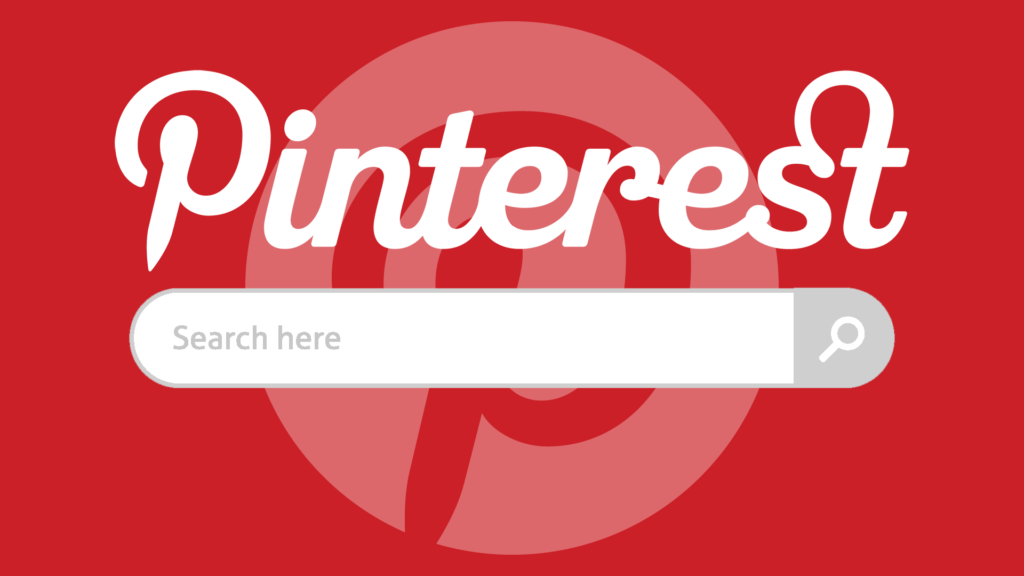
Pinterest is opening up its search ads to all advertisers and broadening the aim of brands’ keyword-based campaigns to relevant queries that do not contain a specified term or phrase.
Eight months after Pinterest rolled out search ads, the company is making the ad placement available to advertisers buying ads through its self-serve ad-buying tool, Pinterest Ads Manager, the company announced on Wednesday.
Advertisers buying Pinterest search ads through the self-serve interface will be able to set up those campaigns using the same options already available to brands buying the ads through Pinterest’s direct sales team or third-party tools. Brands can apply broad- or exact-match keyword targeting as well as phrase-match targeting, and they can list negative keywords.
Pinterest is also introducing a new option for brands to target their search ads beyond the traditional set of keywords. In addition to the traditional keyword-based targeting, advertisers can opt to have Pinterest automatically target search queries that may not include the specified keywords but are considered relevant according to Pinterest’s Taste Graph, its index of more than 100 billion pins and their corresponding metadata.
Pinterest’s new “autotargeting” option may come in handy, especially considering that 97 percent of the more than 2 billion monthly search queries on Pinterest do not include a brand by name. And the option marks the second example this year of Pinterest applying its Taste Graph to advertising. Last month, the company debuted an expanded list of interest-based ad-targeting options that were supplied by Taste Graph, which the company has spent more than a year working on to make it more capable of parsing its pin data to identify people’s nuanced interests.
Autotargeting will be an opt-in option made available to all brands buying ads through Pinterest Ads Manager or Pinterest’s direct sales team or through Pinterest’s ad API partners, such as Adaptly, Kenshoo, Sprinklr and SocialCode, according to a Pinterest spokesperson.

